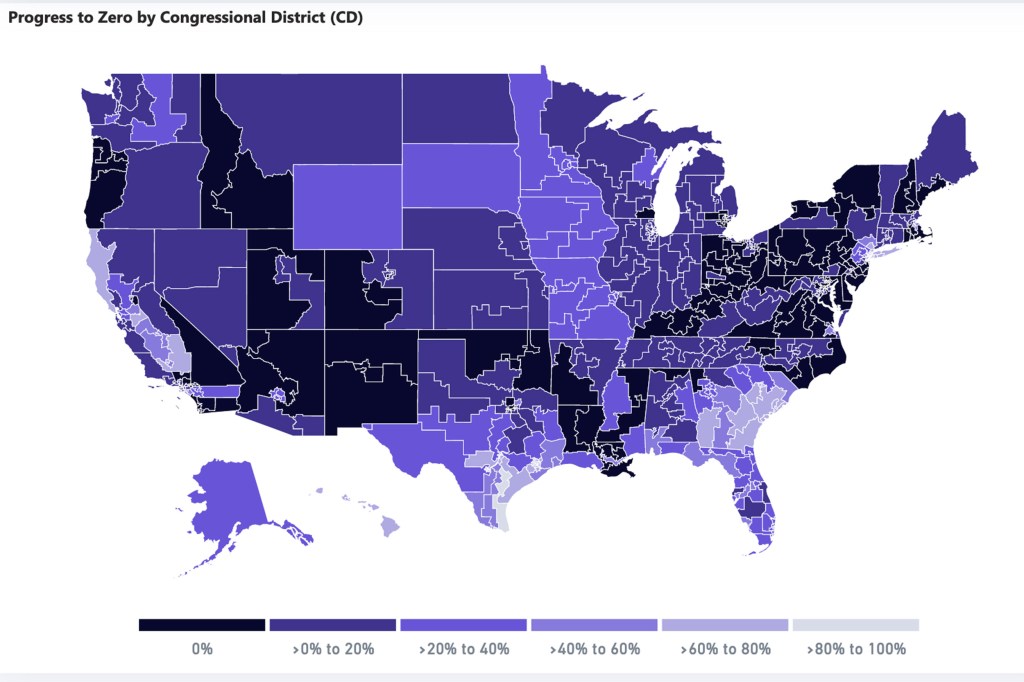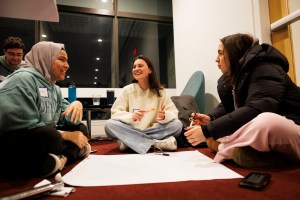Science & Tech
-
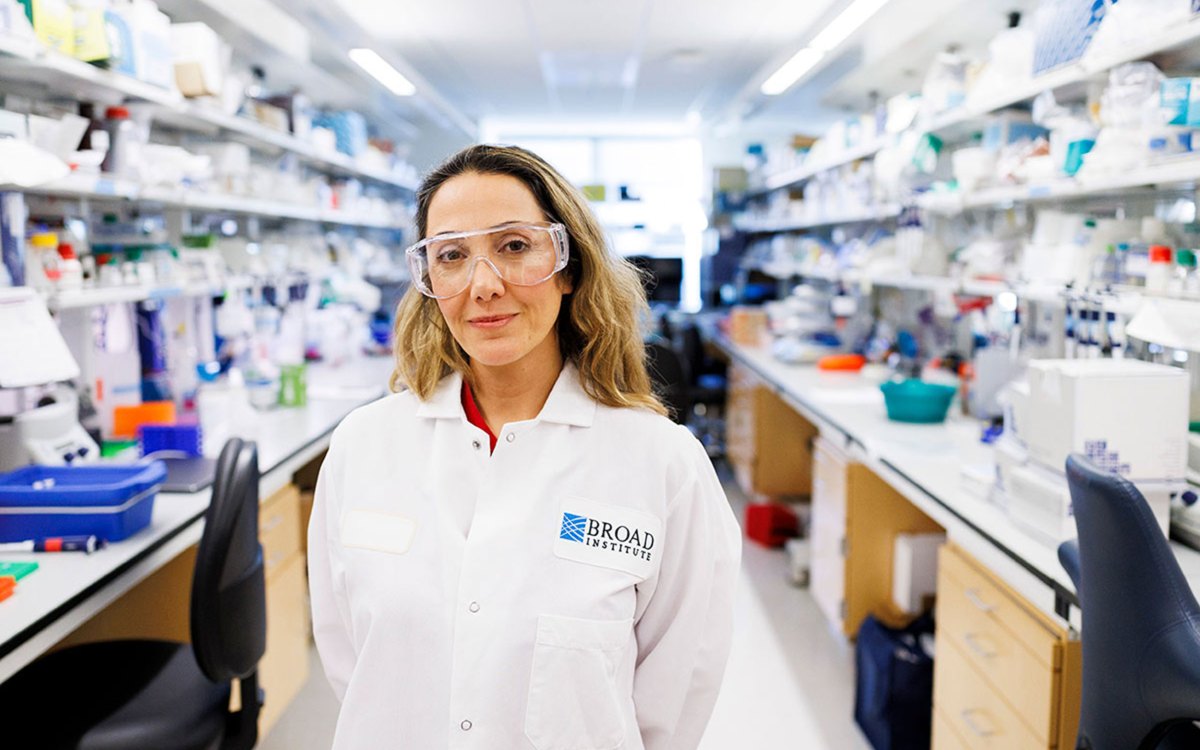
Stopping the next pandemic
Disease surveillance network faced ‘existential cliff’ despite proven success. Then came the $100 million.
-

Rethinking — and reframing — superintelligence
Microsoft researcher says separating AI from people makes systems dangerous and unproductive
-
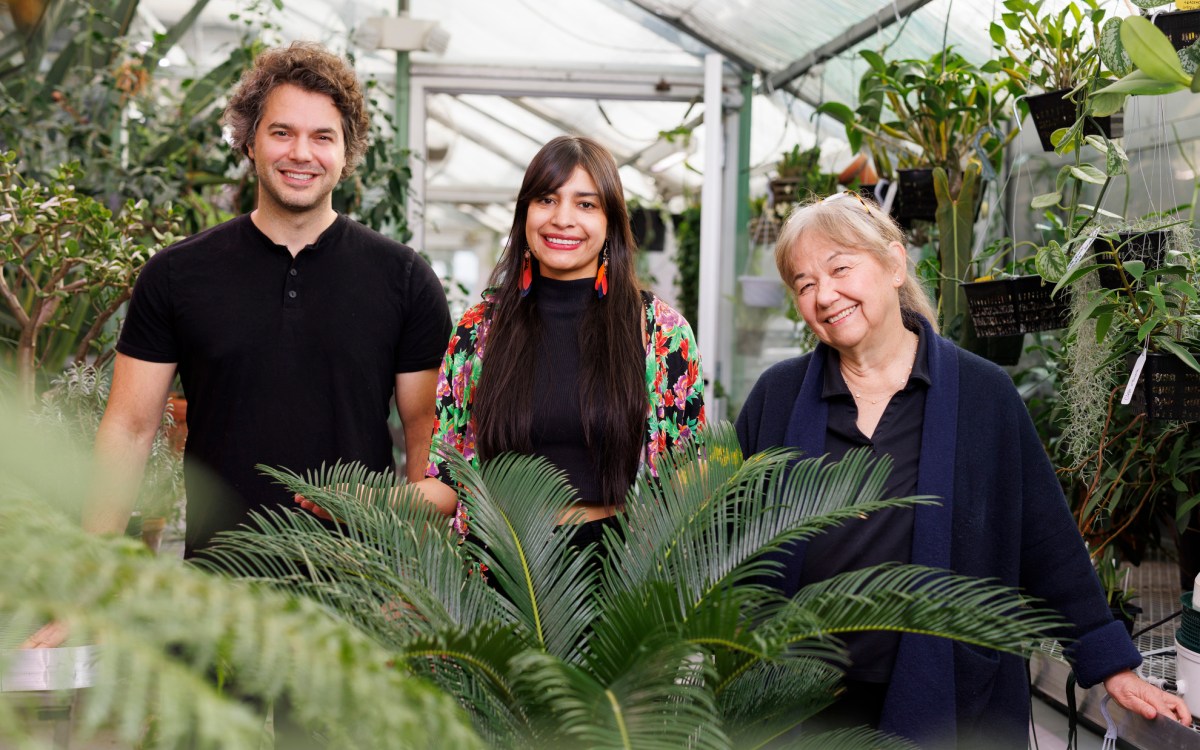
First, male gets heated up, then female, and then, you know
Study shows infrared radiation from plants serves as invitation to pollinating insects
-

‘Consciousness’
What we know and don’t know about the life of your mind
-
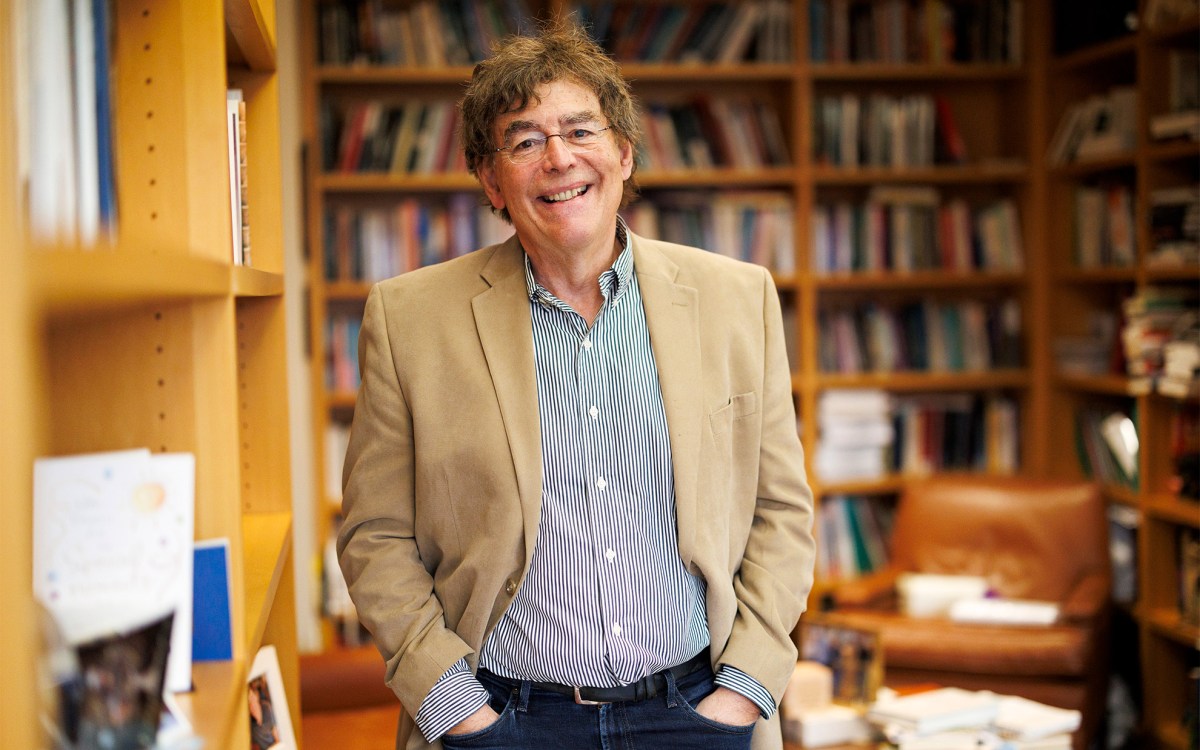
Science needs contrarians, and contrarians need support
Institute of Quantitative Social Science initiative tailored to researchers exploring provocative ideas
-

Cracking the code of why, when some choose to ‘self-handicap’
New research also offers hints for devising ways to stop students from creating obstacles to success

-
1 in 5 deaths caused by fossil fuel emissions
A new study greatly increases estimates of the numbers killed by air pollution.

-
Scientists use trilayer graphene configuration to observe more robust superconductivity
The new three-layer system opens the door for high-temperature superconductors.

-
Tracking the proteins before Alzheimer’s takes hold
A team led by investigators has now developed an automated method that can identify and track the development of two key abnormal protein deposits that accumulate in the brain during the development of Alzheimer’s disease.
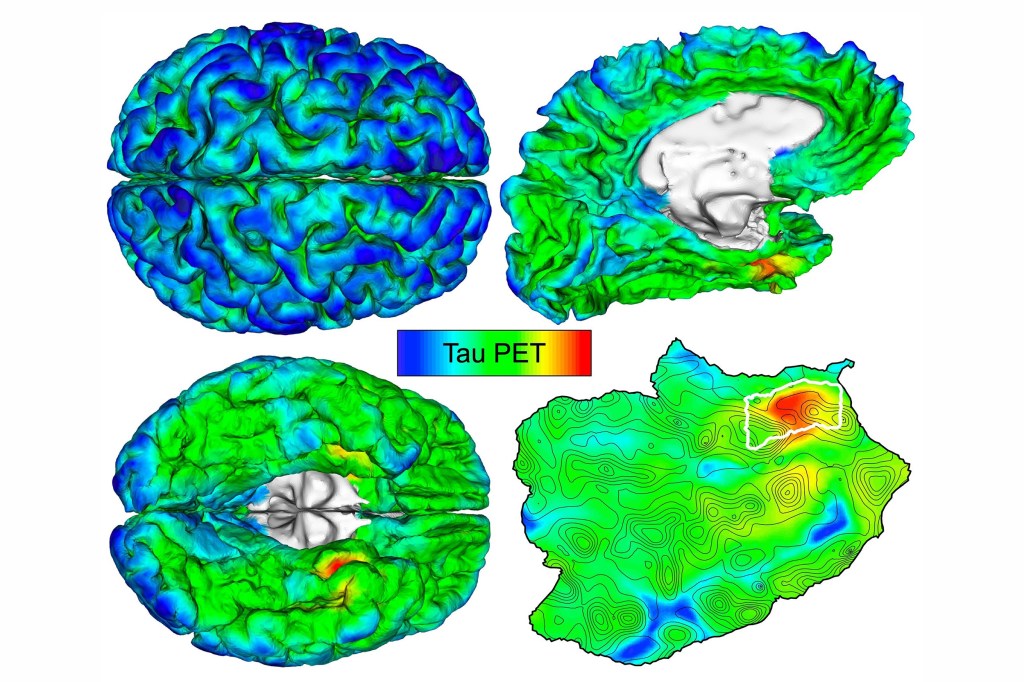
-
Microbes are around and within us but there’s much we don’t know about them
Harvard microbial ecologists take an up-close look at mouth bacteria.
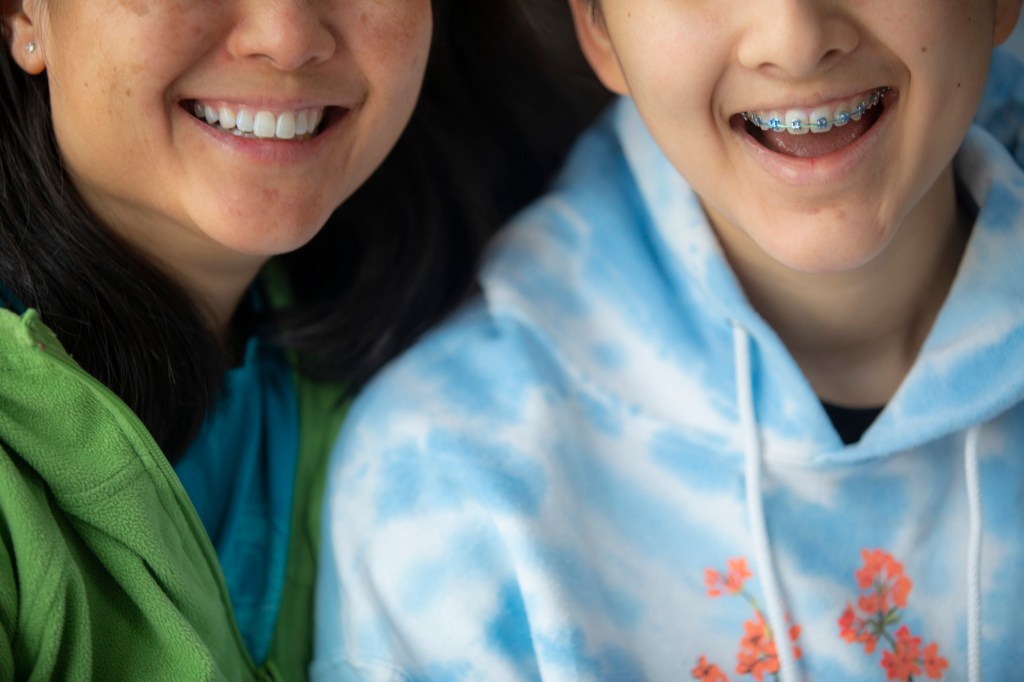
-
Growing the family tree
More than one-third of the U.S. population is made up of individuals with recent ancestors from multiple continents. A new genetics tool helps uncover disease-associated gene variants in these individuals.
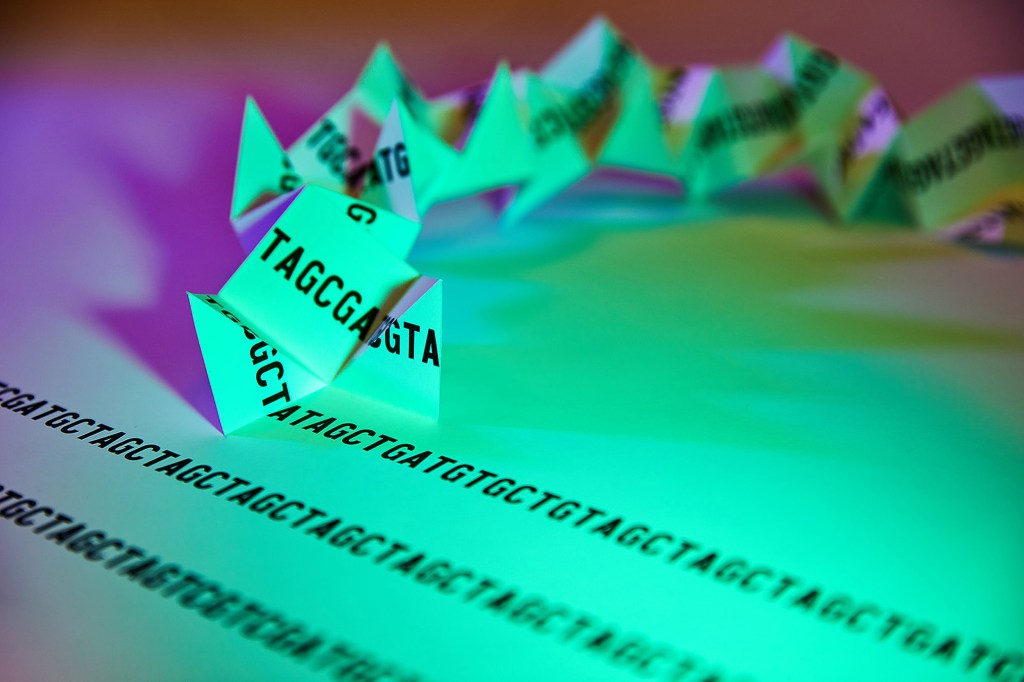
-
Tracking an invasive ant species to its native land
Waring Trible’s research took him to Southeast Asia to unravel the origin story of the clonal raider ant, an invasive species found in various parts of the world.
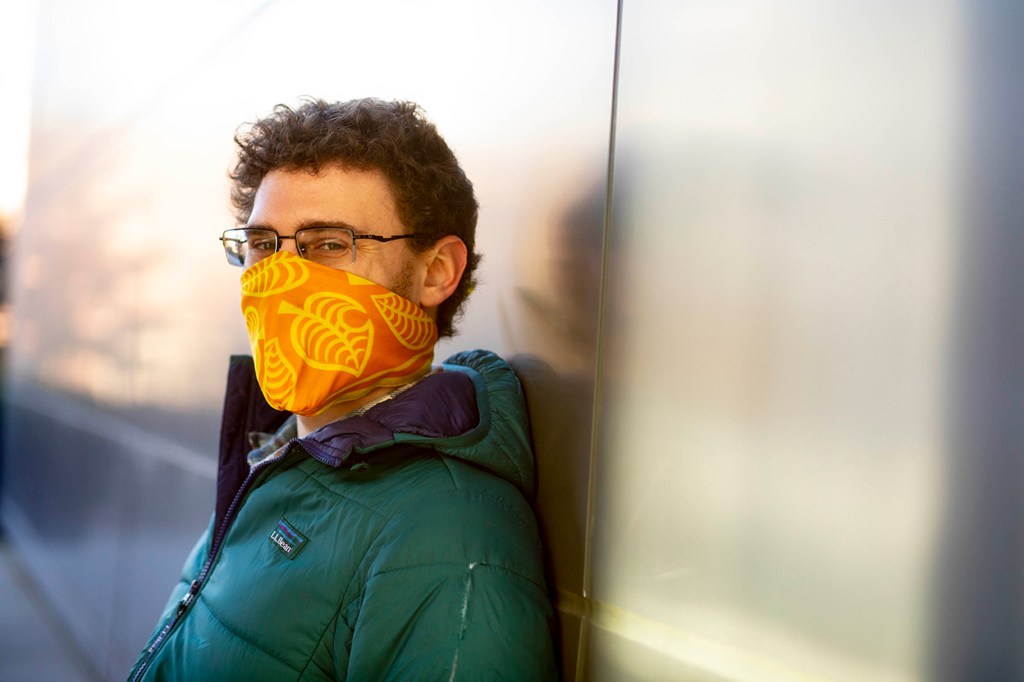
-
The star chemist
Junior Fellow Mireille Kamariza is an award-winning scientist and entrepreneur, who was recognized for inventing a portable, low-cost diagnostic tool to detect tuberculosis.
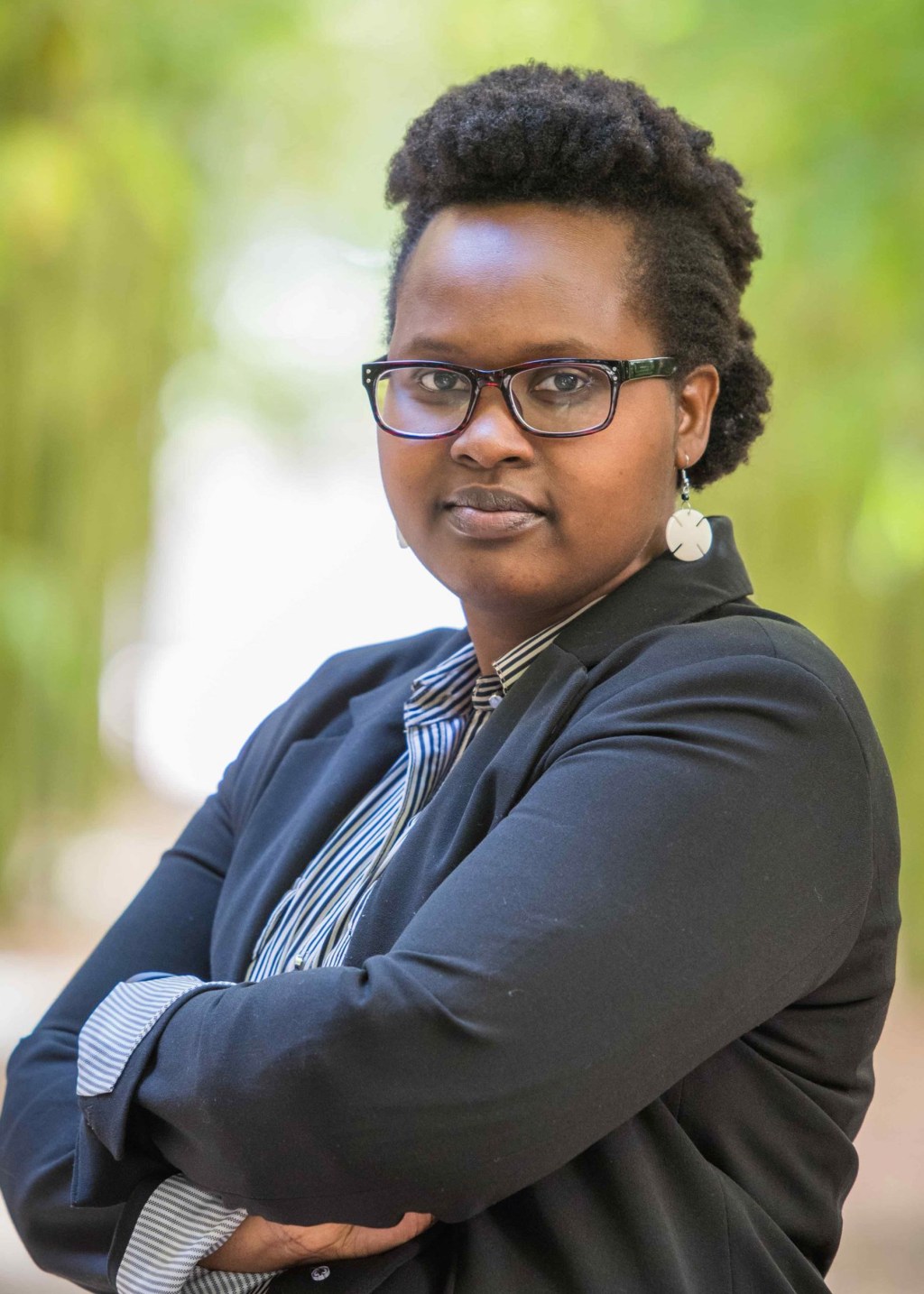
-
What prompted Capitol rioters to violence?
The Jan. 6 attack on the U.S. Capitol over Donald Trump’s election loss stunned the country and forced many to ask what prompts people to political violence.

-
High schoolers discover four exoplanets through Harvard & Smithsonian mentorship program
At the Center for Astrophysics | Harvard & Smithsonian mentorship program, two students discovered four new exoplanets about 200-light-years away from Earth.

-
Innovative tool offers hope for children with rapid-aging disease
Several hundred children worldwide live with progeria, a deadly premature aging disease.
-
The neurons that hold our hidden thoughts
For the first time, neuroscientists were able to observe how individual neurons paint a rich and detailed representation of others’ beliefs, including whether they were true or not.

-
Music of the spheres
Team uses data from space telescopes to create music.

-
‘The most charismatic and strange of all flowering plants’
Sapria genome shows astonishing gene loss and gene theft.

-
Cloudless, Jupiter-like planet discovered
The first Jupiter-like planet without clouds has been detected by astronomers at the Center for Astrophysics | Harvard & Smithsonian. Unlike our Jupiter, which takes nearly 12 years to orbit the sun, WASP-62b completes a rotation in just four-and-a-half days.

-
Wielding a laser beam deep inside the body
Robotic engineers from Harvard’s Wyss Institute and John A. Paulson School for Engineering and Applied Science have developed a laser-steering microrobot in a miniaturized 6 by 16 millimeter package that can be integrated with existing endoscopic tools.
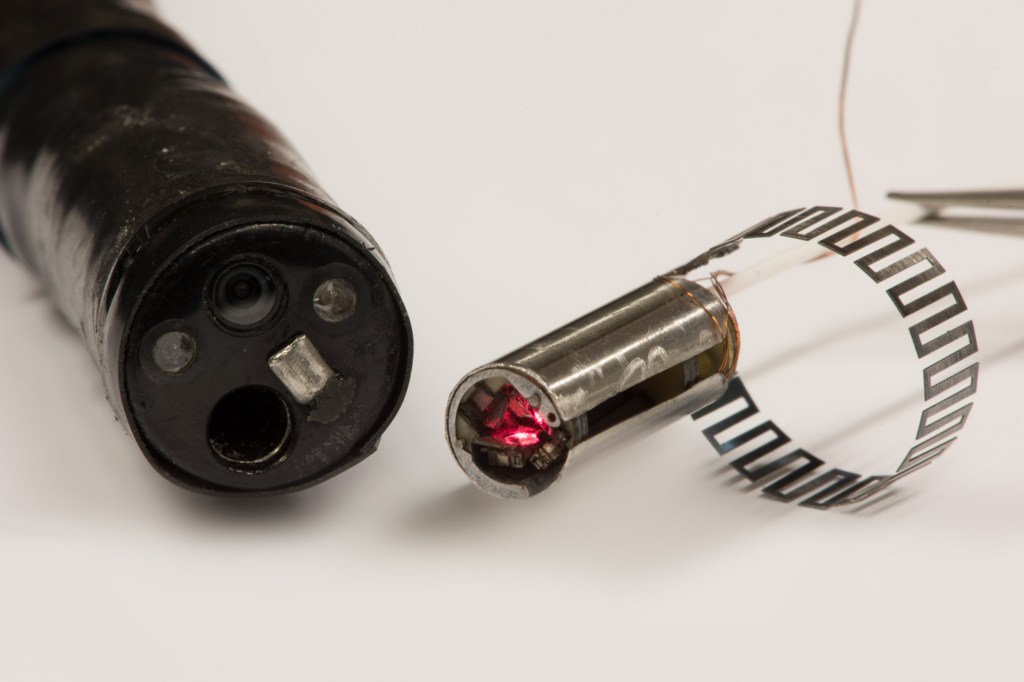
-
Astrochemist brings search for extraterrestrial life to Center for Astrophysics
Clara Sousa-Silva, whose expertise in phosphine as a biosignature gas was key to a recent analysis that may have detected life in the clouds of Venus, has moved to the Center for Astrophysics | Harvard & Smithsonian for the final two years of her fellowship. She discusses the finding and the broader topic of the search for life on other planets.

-
Island investigations
New answers have emerged from the largest genome-wide study to date of ancient human DNA in the Americas.
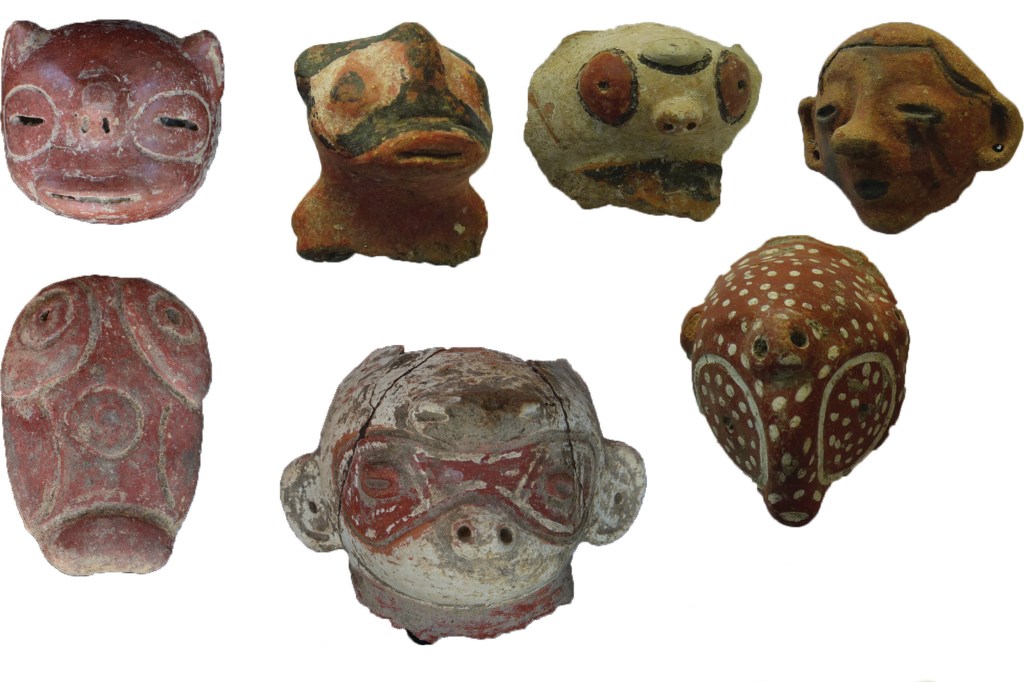
-
Research labs score perfect COVID safety records
Six months after reopening, Harvard’s labs report an unblemished safety record, important contributions to the state’s economy, and an array of scientific findings, albeit with the requisite frustration of operating during a pandemic.
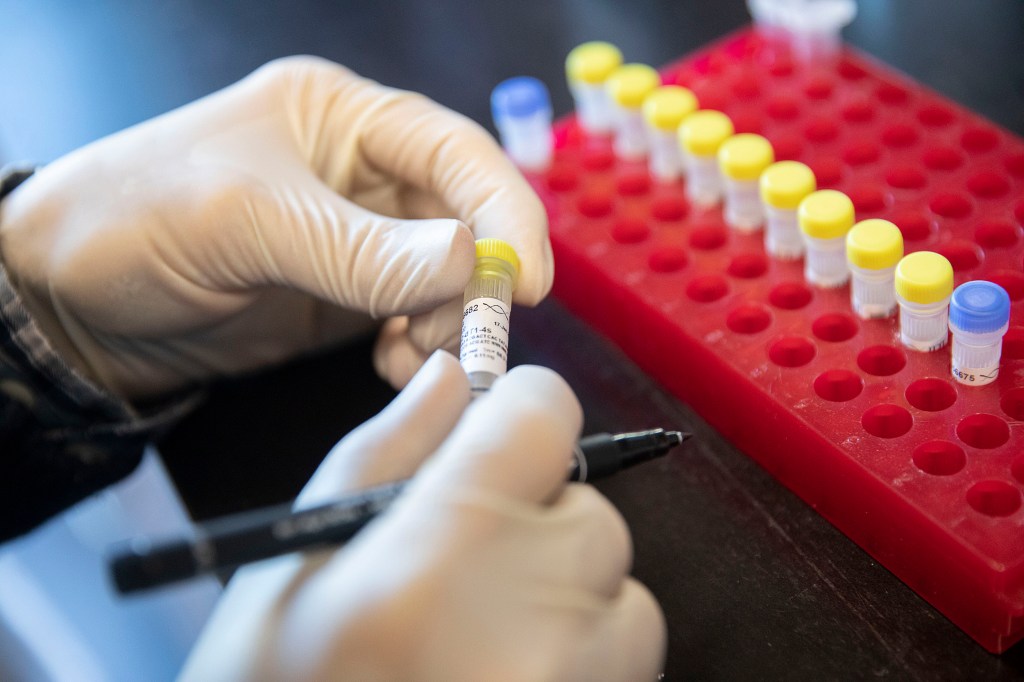
-
Researchers take closer look at serrated teeth of ancient predator
Harvard researcher finds first saber-toothed animals had dinosaur-like teeth before dinosaurs did.

-
Here comes the sun
Seasonal changes in UV may alter the spread of COVID but not as much as social distancing.

-
Helping your child make the best use of time online
Urs Gasser and John Palfrey are authors of the newly released book “The Connected Parent: An Expert Guide to Parenting in a Digital World.”

-
Making memories
A Harvard Medical School study in mice reveals how memory neurons reorganize after new experiences.
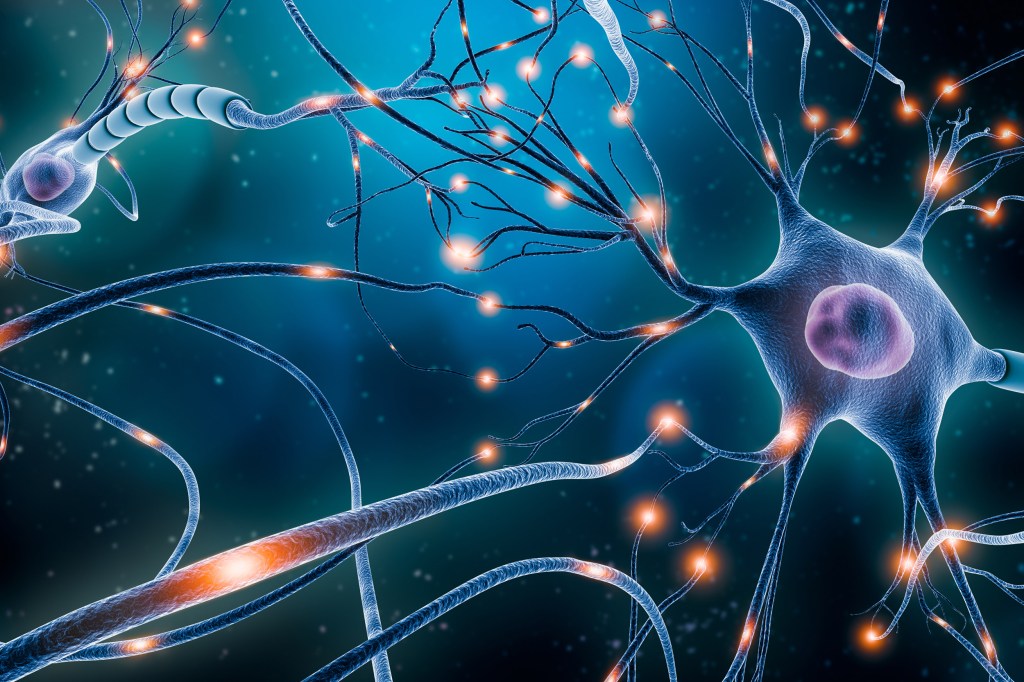
-
‘Climate Conversations’ series aims to build community, spur action
‘Climate Conversations’ series engages researchers, leaders, practitioners, and organizers to seek paths to collaboration, solutions.

-
Imagine a world in which AI is in your home, at work, everywhere
Harvard’s AI+Art project aims to get people thinking about how artificial intelligence may impact our lives in the future.
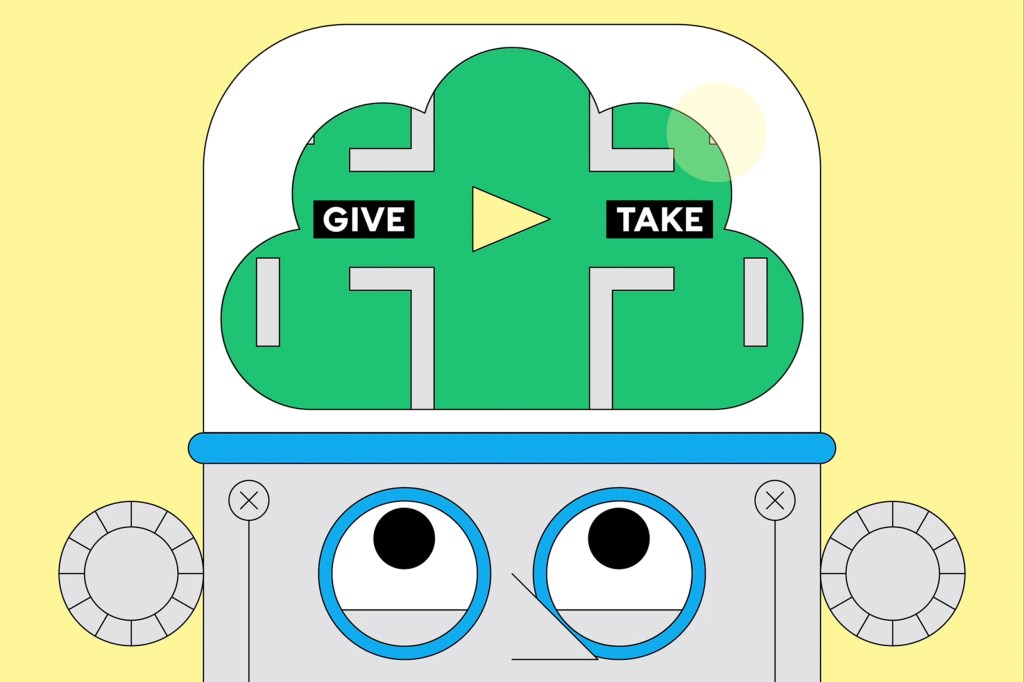
-
New technology to investigate autism spectrum disorder
Scientists applied the “Perturb-Seq” method to study dozens of genes that are associated with autism spectrum disorder, identifying how specific cell types in the developing mouse brain are impacted by mutations.
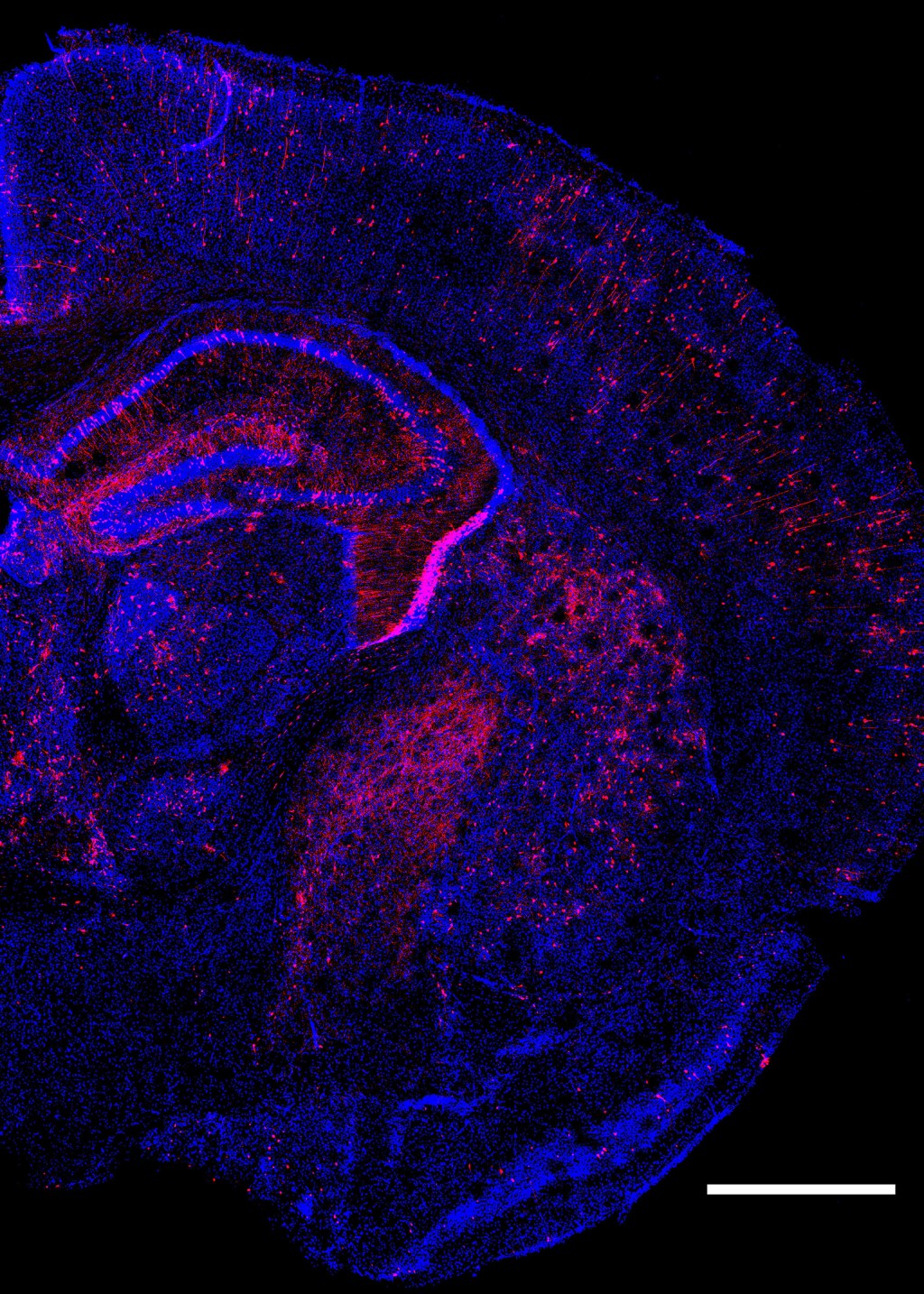
-
Zooming to the ocean floor
OEB 119 students are patched in via livestream and a satellite call to a team of researchers leading an exploration on the seafloor.

-
From fins to limbs and water to land
Harvard scientists reconstruct evolution of limb-based motion in early tetrapods.

-
An ionic forcefield for nanoparticles
For the first time in mice, researchers have coated nanoparticles with an ionic liquid that allows the nanoparticles to survive the immune system and deliver drugs to their targeted spot.

-
Evidence of the interconnectedness of global climate
Ice sheets thousands of kilometers apart influence each other through sea level changes.

-
Live tracker notes COVID cases, deaths by congressional districts
The Harvard Center for Population and Development Studies and Center for Geographic Analysis worked with Microsoft to create a live tracker that monitors the status of COVID cases, broken down by congressional district, to help officials develop testing and vaccine deployment strategies in their areas.
